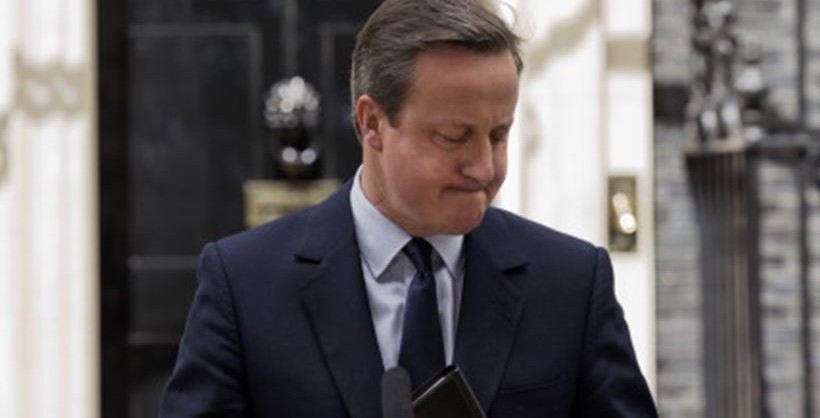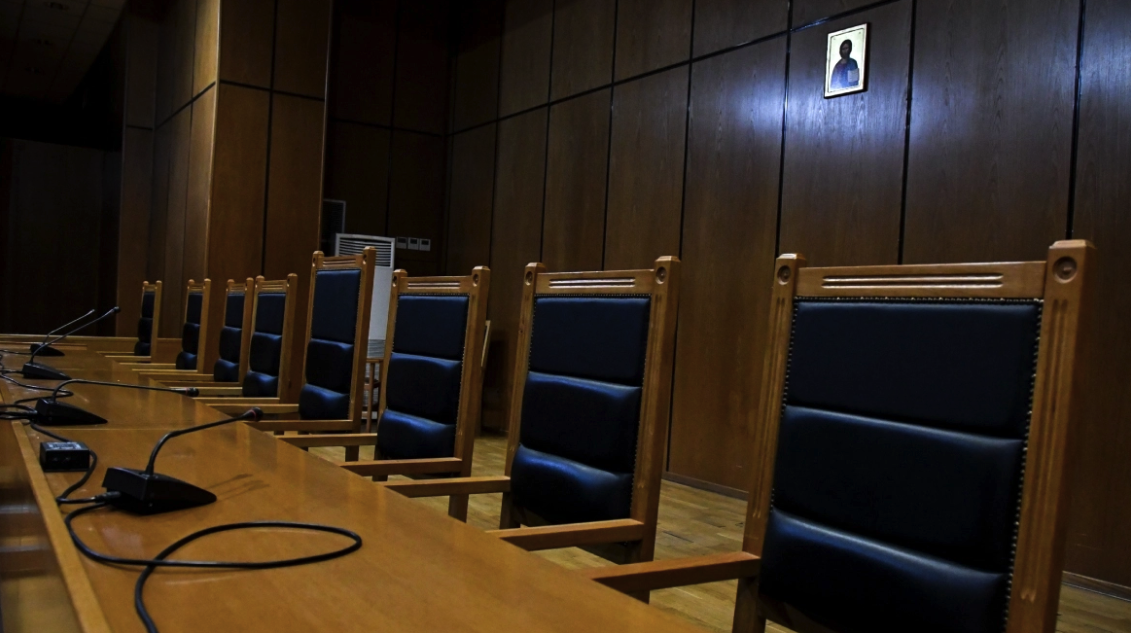EU leaders and institutions agreed, Wednesday, that negotiations for the withdrawal of the UK from the EU would start in September during the informal EU Summit in the city of Bratislava in Slovakia. The EU27 stressed during deliberations that talks would commence with the new British PM, who would replace caretaker PM David Cameron, while they made it clear that access to the fee market for the UK would only be granted if it agreed to follow all the conditions, including the free movement of good, services and people. The immigration of EU citizens to the UK under the common market regulations was a key issue that tipped the scales in favour of a Brexit vote in the June 23 referendum.
The 27 leaders said that the UK would remain a ‘close partner’ with the EU, but would enjoy no special status on trade and commerce. On the matter of whether the structures of the EU should change following the Brexit, as expected the EU27 adopted the German line of ‘no change’.
Commenting on the Stability Pact and the regulations in the credit system, German Chancellor Angela Merkel said ‘we can’t change the rules every few years’, a view that met the opposition of Italian PM Mateo Renzi, who wanted to avoid a bail-in for Italian banks after the turmoil caused in the markets because of the Brexit. Merkel said the EU27 would manage to overcome the challenges that lie ahead in the 21st century, adding that a more dynamic and less bureaucratic Europe was imperative to achieve this.
European Commission President Jean Claude Juncker stressed that the EU leaders agreed that implementation and not innovation was necessary, underlining the need for reforms to be sped up, rather than new ones being added. French President Francois Hollande echoed the sentiment on the role the UK would have in the post-Brexit era, saying that Britain would have to abide by EU regulations if it wanted access to the common market. On the issue of Scotland remaining in the EU, despite the referendum, Juncker said the country had the right to be heard, adding however, that the EU had no intention of intervening in the procedures followed within the UK after the referendum.






























